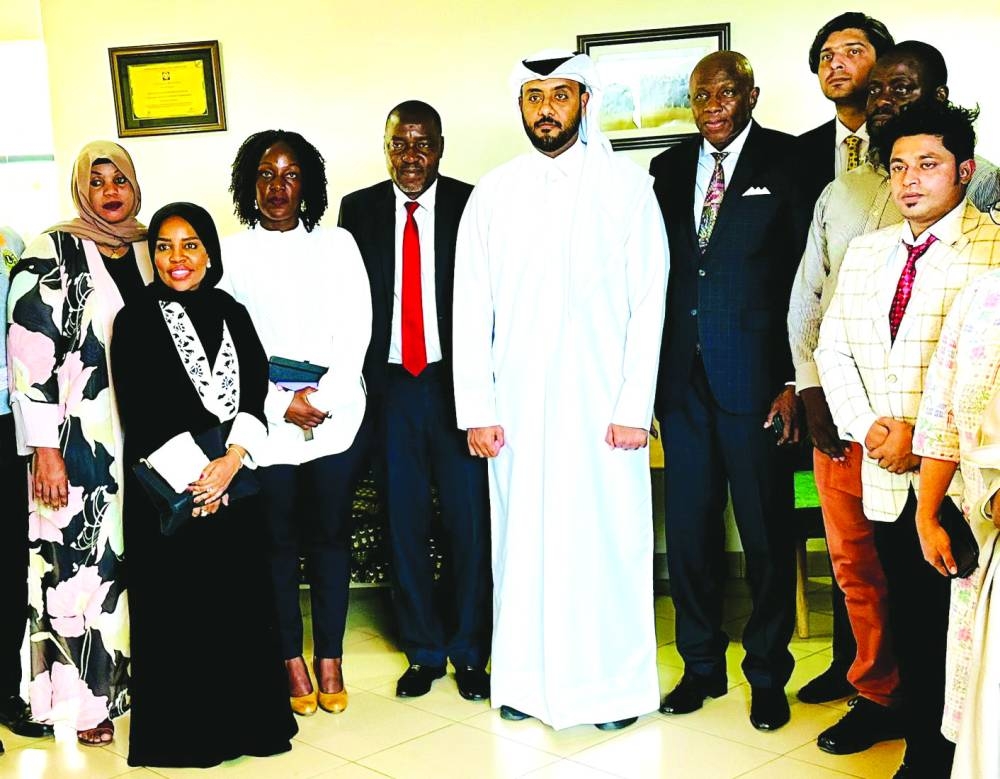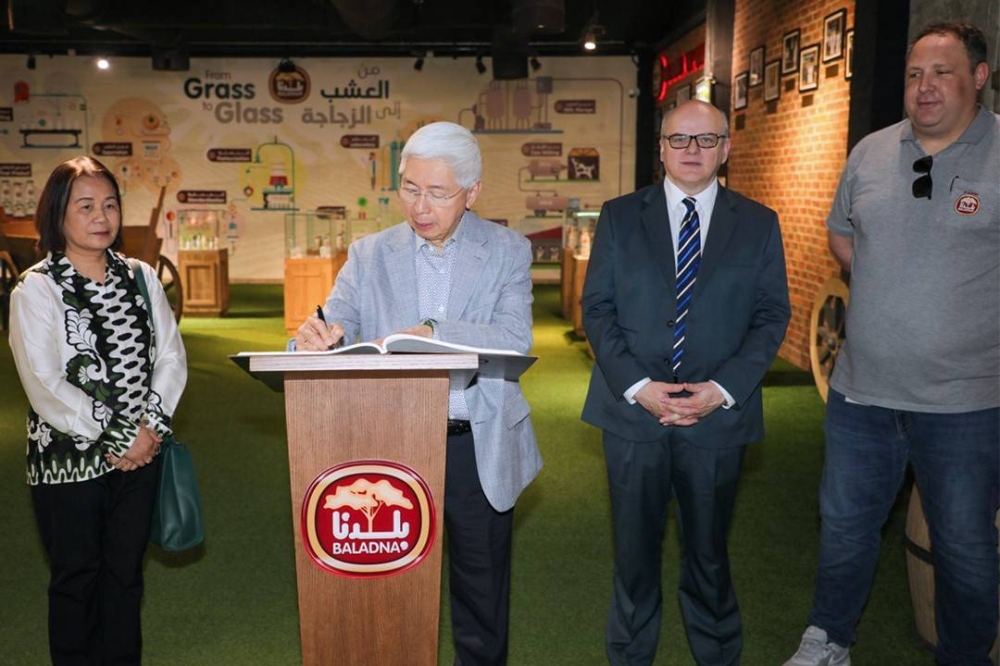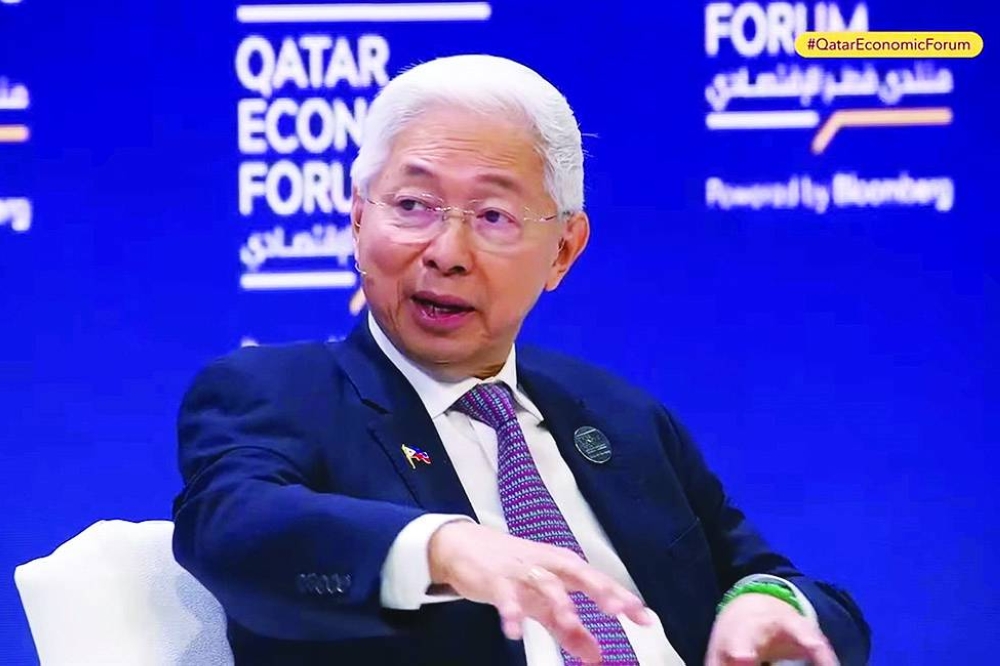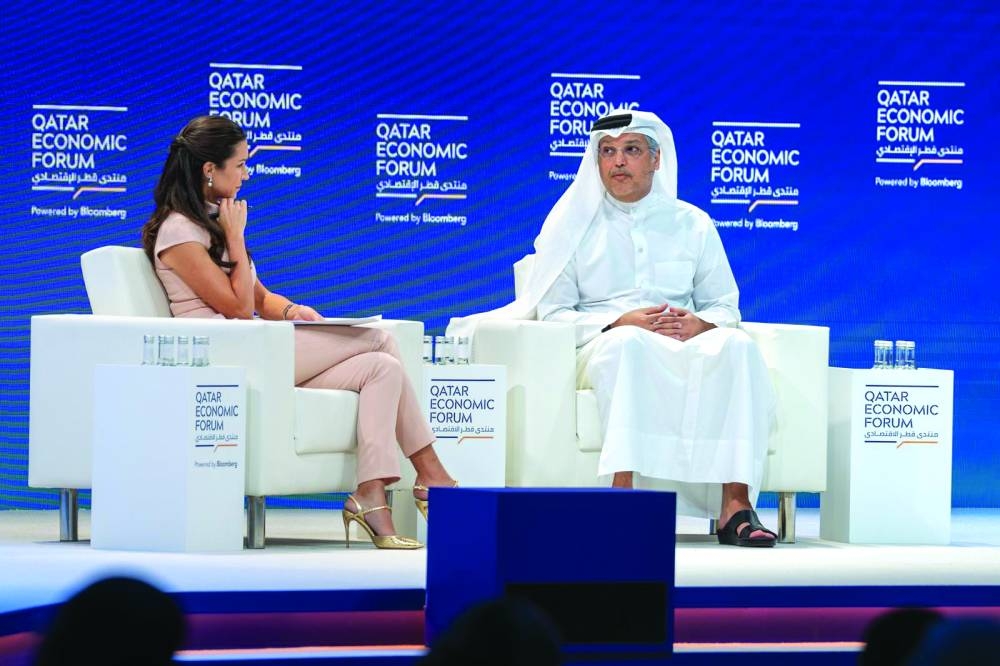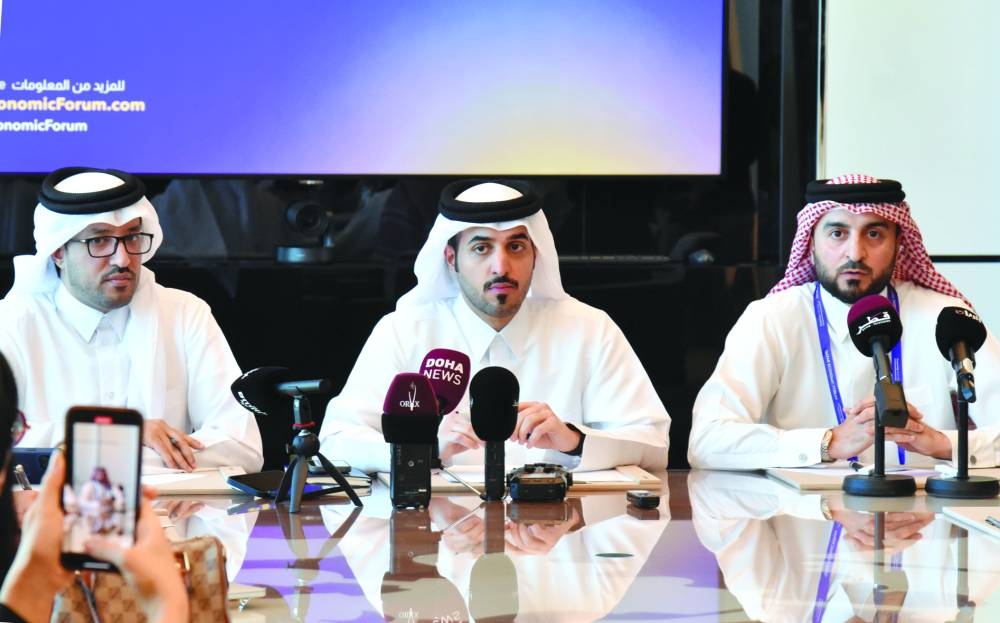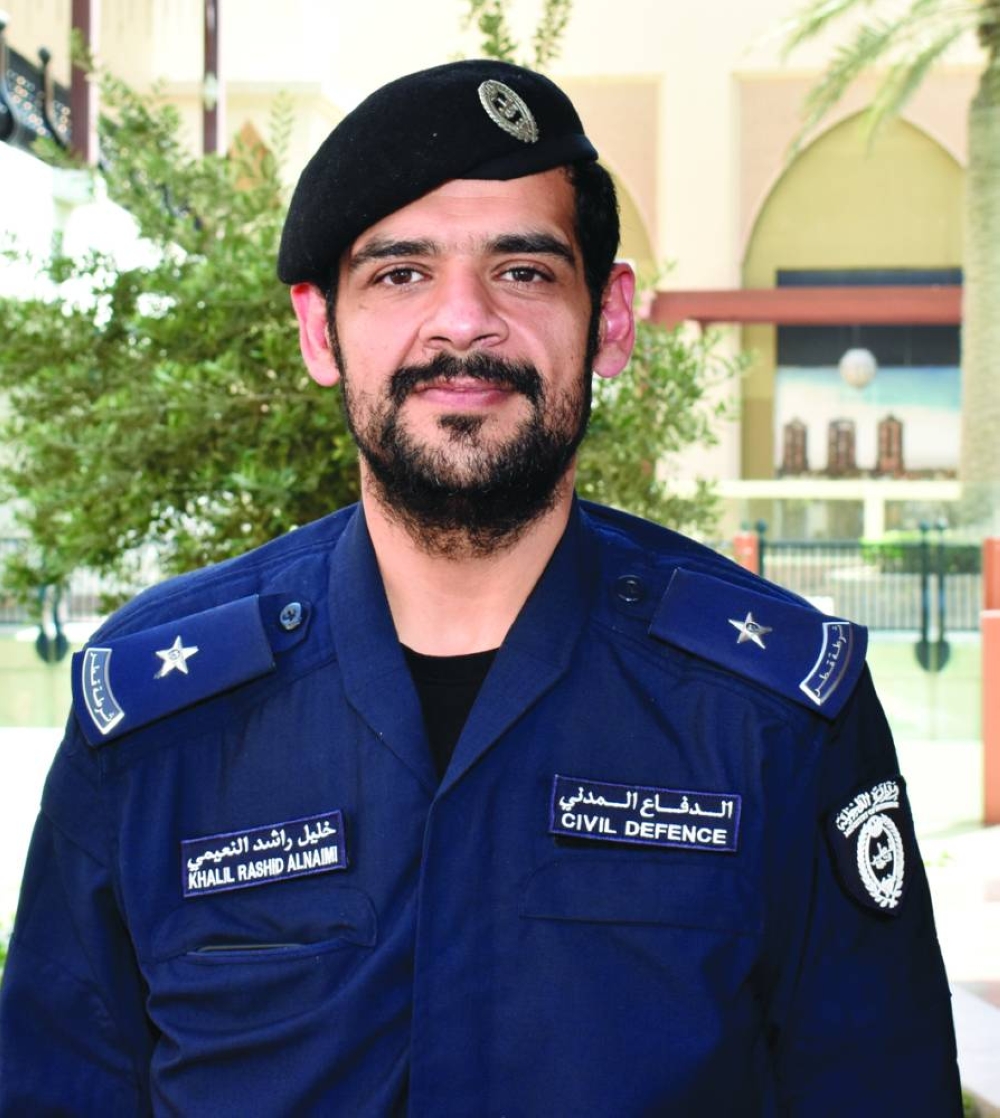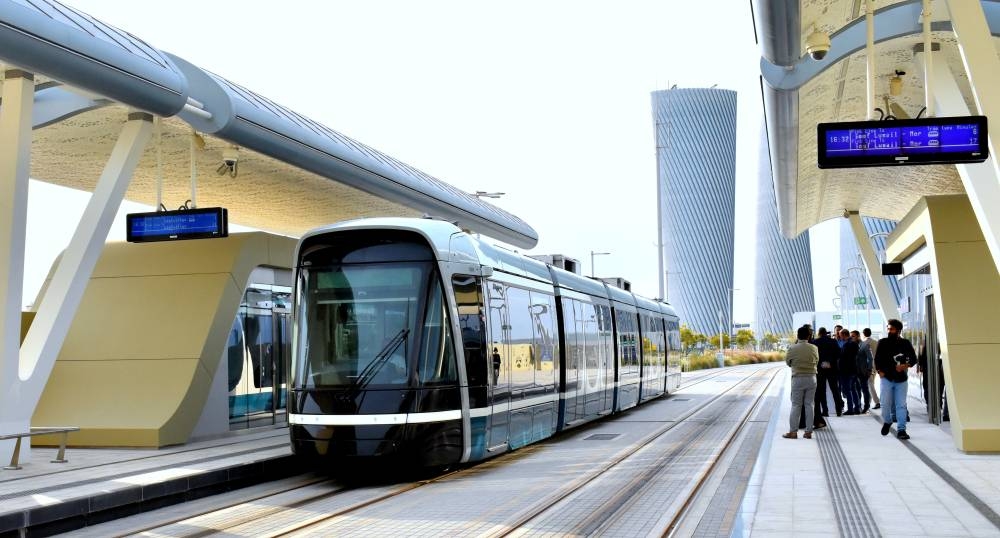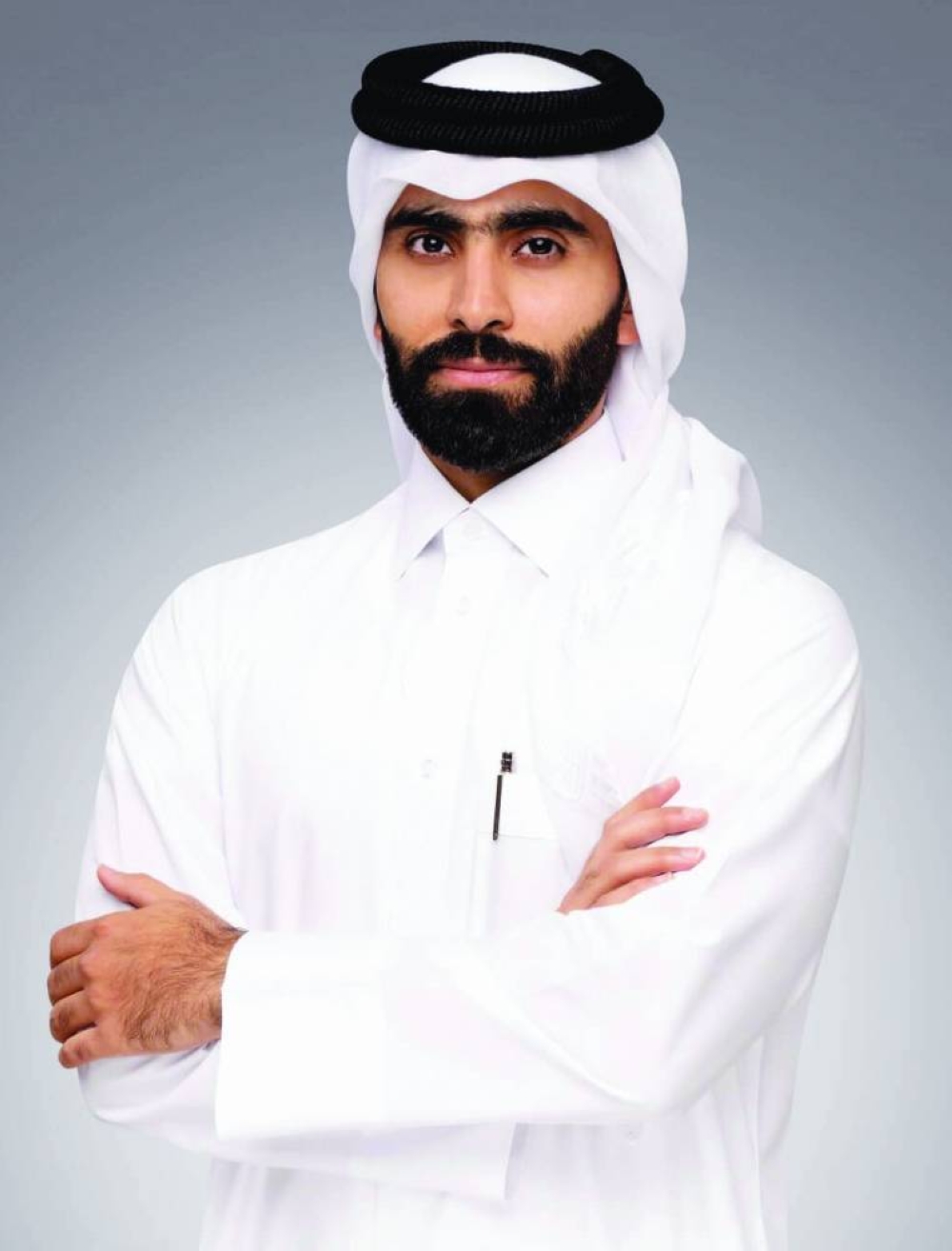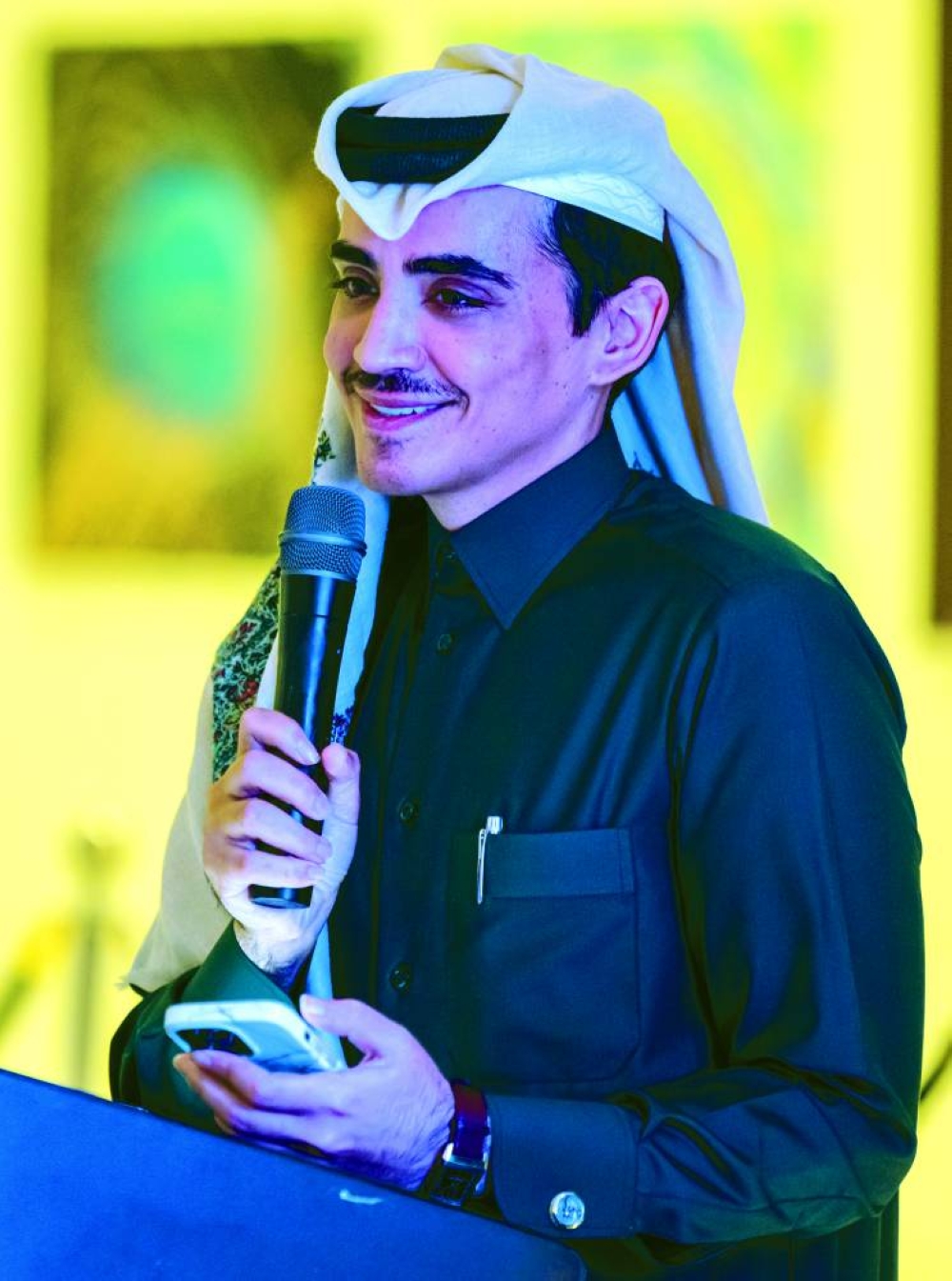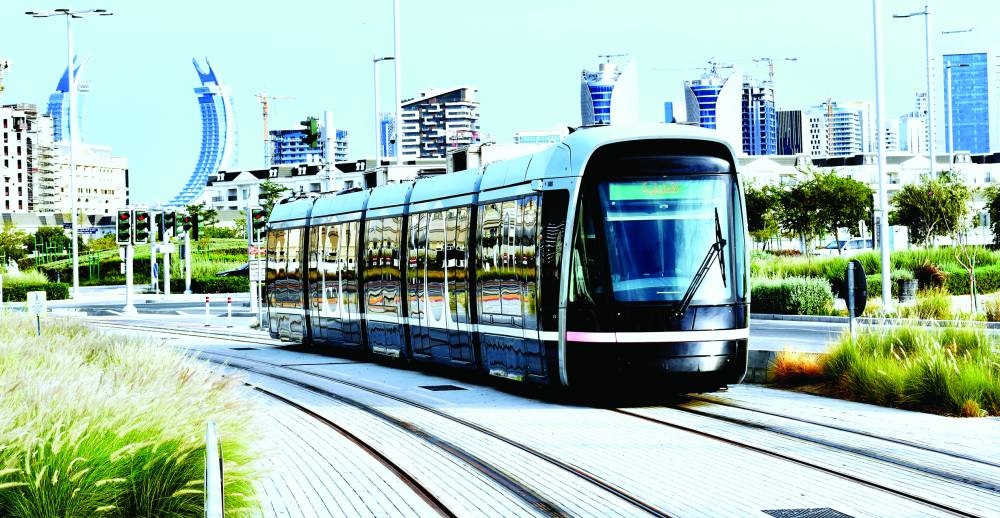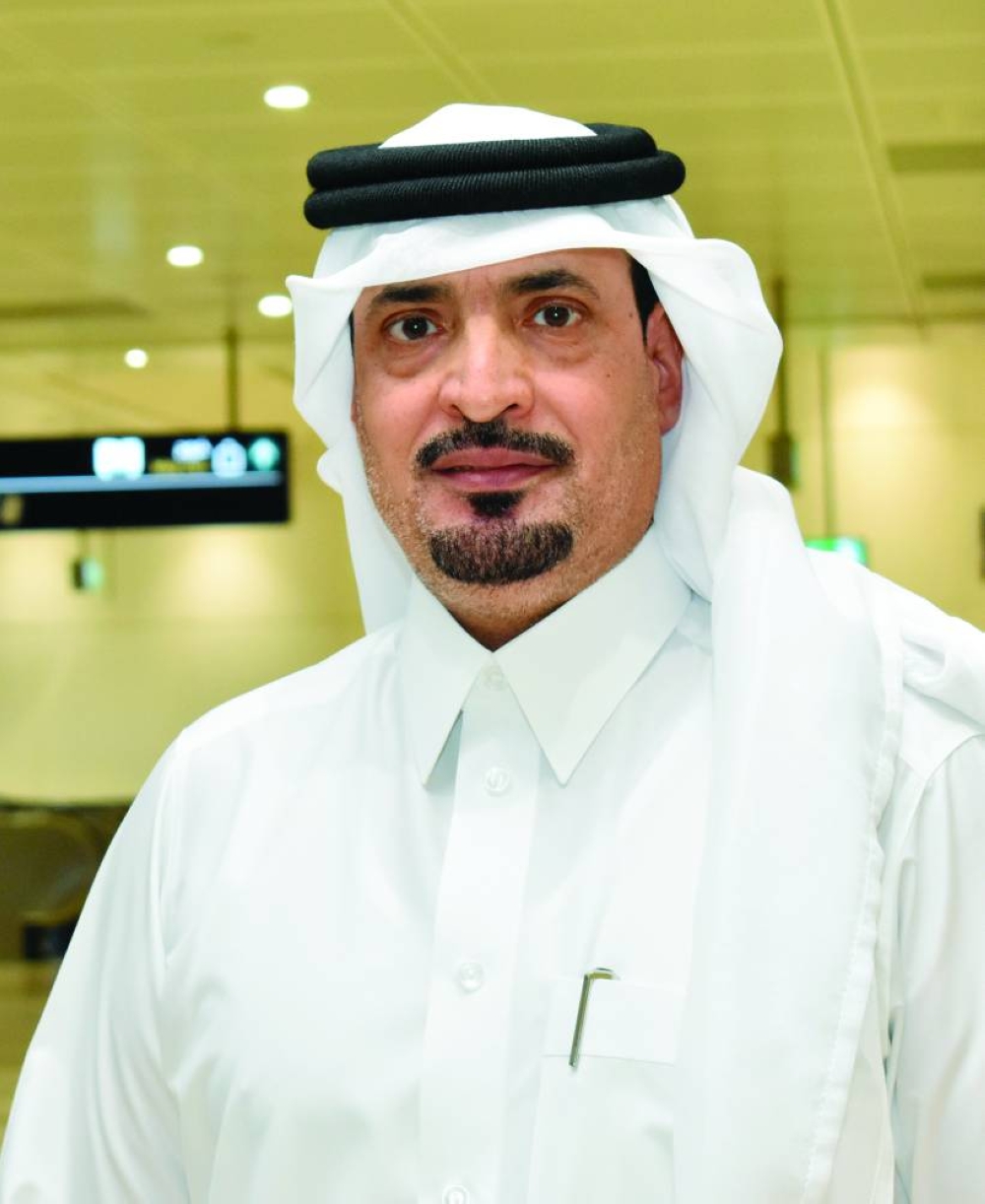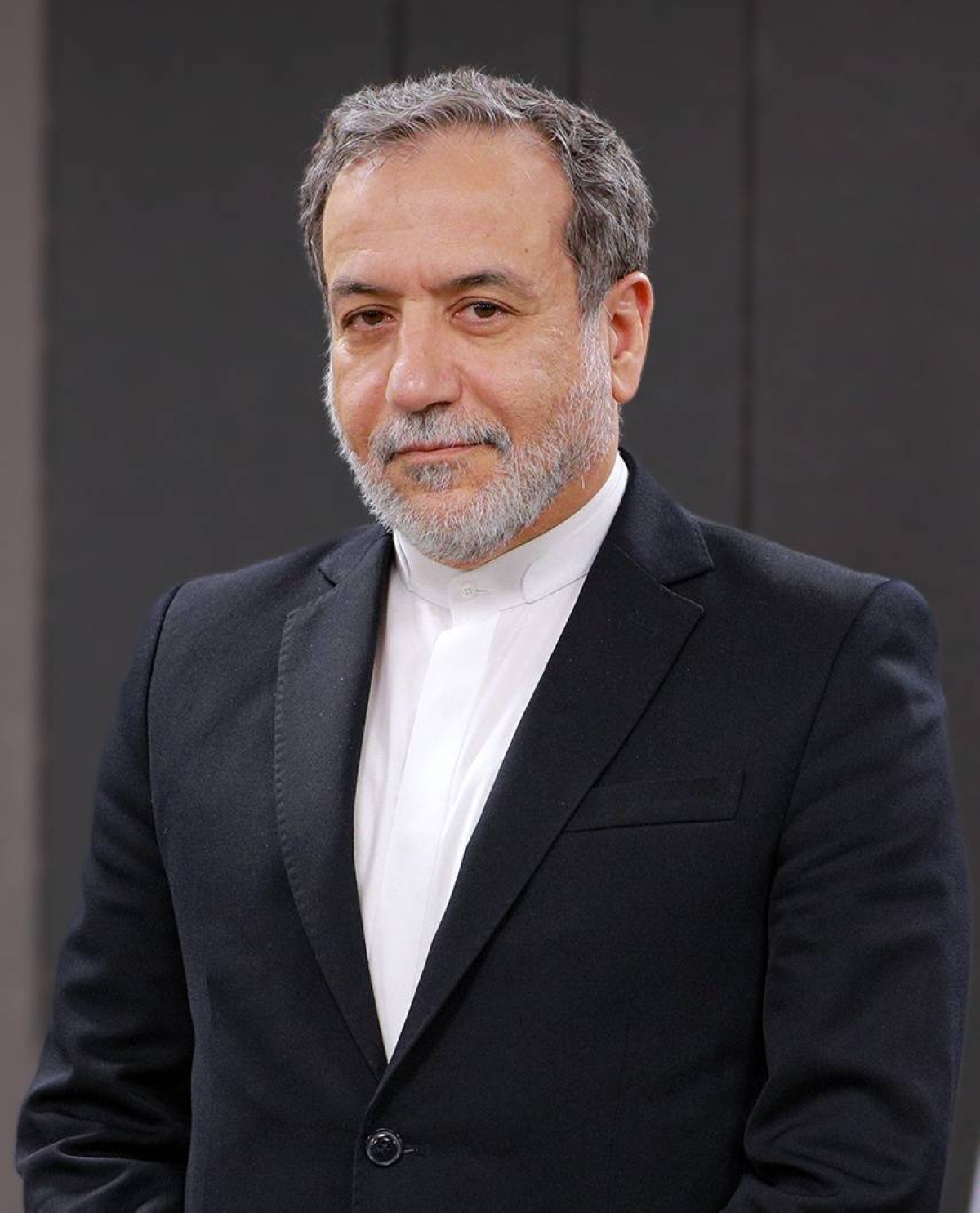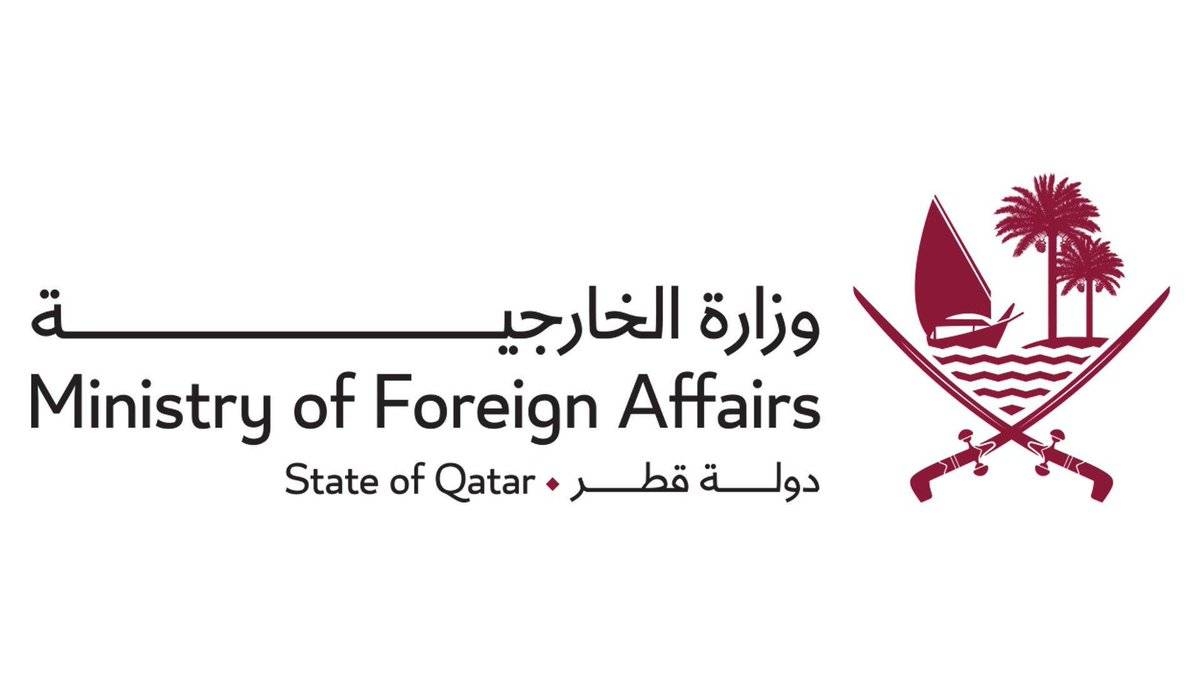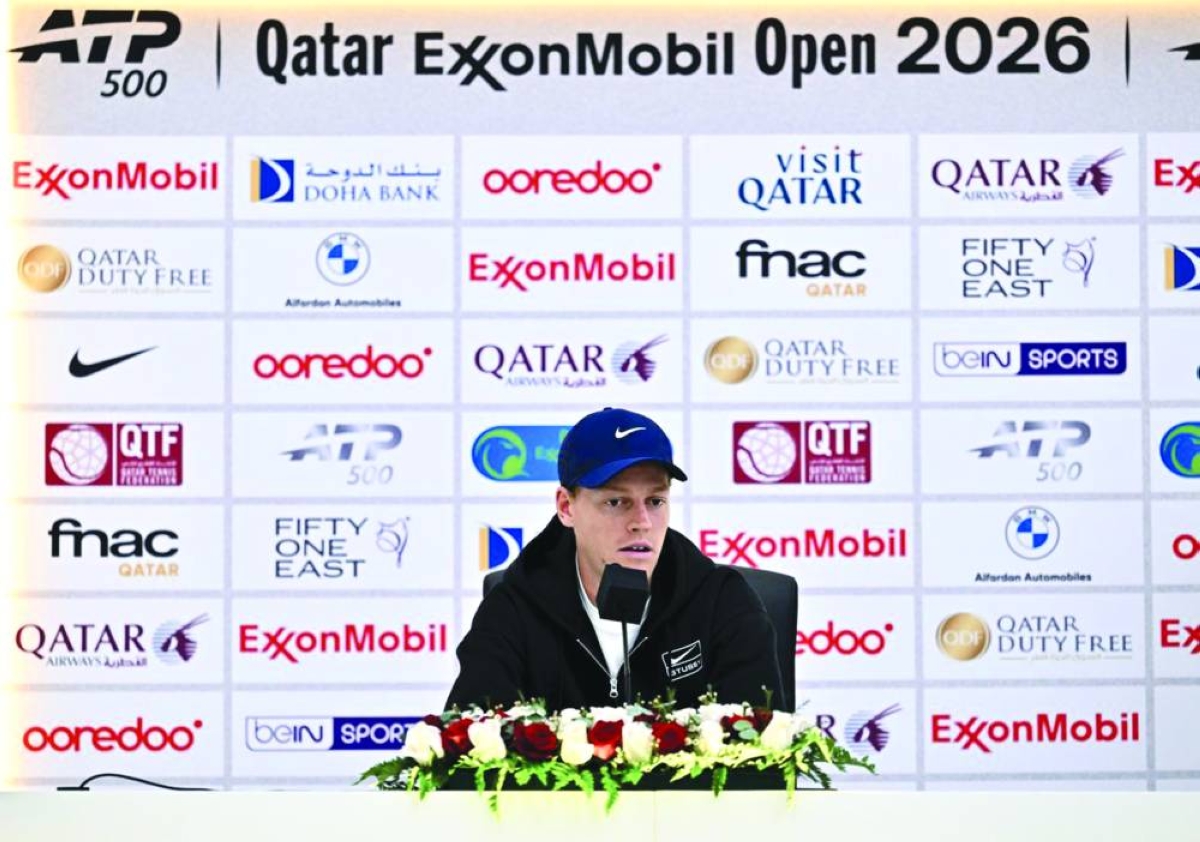Uganda welcomes Qatari investments in a variety of sectors, including potential partnerships between private sector firms of both countries, ambassador Kezaala Mohamed Baswari al-Hajj has said.Al-Hajj stated that a business delegation from Qatari firm KON Group held meetings with Uganda’s minister of state for tourism, officials of Kampala City Administration, and representatives from key investment sectors.Mohamed Riad Massani and Hissa K H al-Sowadi, both founders and co-chairs of KON Group, held meetings to discuss potential opportunities and initiatives for collaboration between Ugandan and Qatari businesses.Al-Hajj said KON Group will collaborate with Kampala Capital City Authority (KCCA) on a project specialising in the recycling of animal waste following a meeting with KCCA executive director Dorothy Kisaka and her technical team. He also said KCCA, KON Group and Kanaha Holdings will jointly carry out a feasibility study under the guidance of Uganda’s National Environment Management Authority.Similarly, Hajjat Misha Kabanda, the Minister for Kampala Metropolitan, held a meeting with the delegation, and welcomed KON Group’s meat rendering proposal, and recommended a technical evaluation that will guide the next steps to be taken to realise the project.According to al-Hajj, KON Group was keen on collaborating with the Ugandan government to source investors for abattoir-related projects and to stimulate the export of the East African country’s meat products to Qatar following a visit to the Kampala Meat Packers.The KON Group also explored various projects and investment opportunities in the following sectors: agriculture, tourism, manufacturing, and waste management. The delegation expressed keenness on enhancing Uganda’s agricultural output through modern farming techniques and value addition.Discussions also revolved around promoting Uganda as a prime tourism destination for Qataris and other visitors from neighbouring countries in the Gulf region. Al-Hajj noted that innovative solutions for recycling and sustainable development were among the key points explored in the manufacturing and waste management sectors, including the country’s tea and coffee industries, following a meeting with Mzee Erisa Kakyomya of the Kakyomya tea estate, as well as infrastructure development to upgrade hospitals across the country.A meeting with Salim Saleh, the president’s adviser and chief co-ordinator of Operation Wealth Creation, also showcased Uganda’s strategic initiatives to attract foreign investment and the opportunities available for Qatari investors, particularly in the manufacturing sector, al-Hajj said.The delegation also held meetings with the following officials: Minister of State for Tourism Martin Mugarra Bahinduka, officials from NEMA represented by Kawala Muwereza and other senior NEMA environment officers, and Uganda Investment Authority director general Robert Mukiza.

Peter Alagos
Peter Alagos reports on Business and general news for Gulf Times. He is a Kapampangan journalist with a writing career of almost 30 years. His photographs have been published in several books, including a book on the 1991 Mt. Pinatubo eruption launched by former Philippine president Fidel V. Ramos. Peter has also taught journalism in two universities.
Most Read Stories
3

